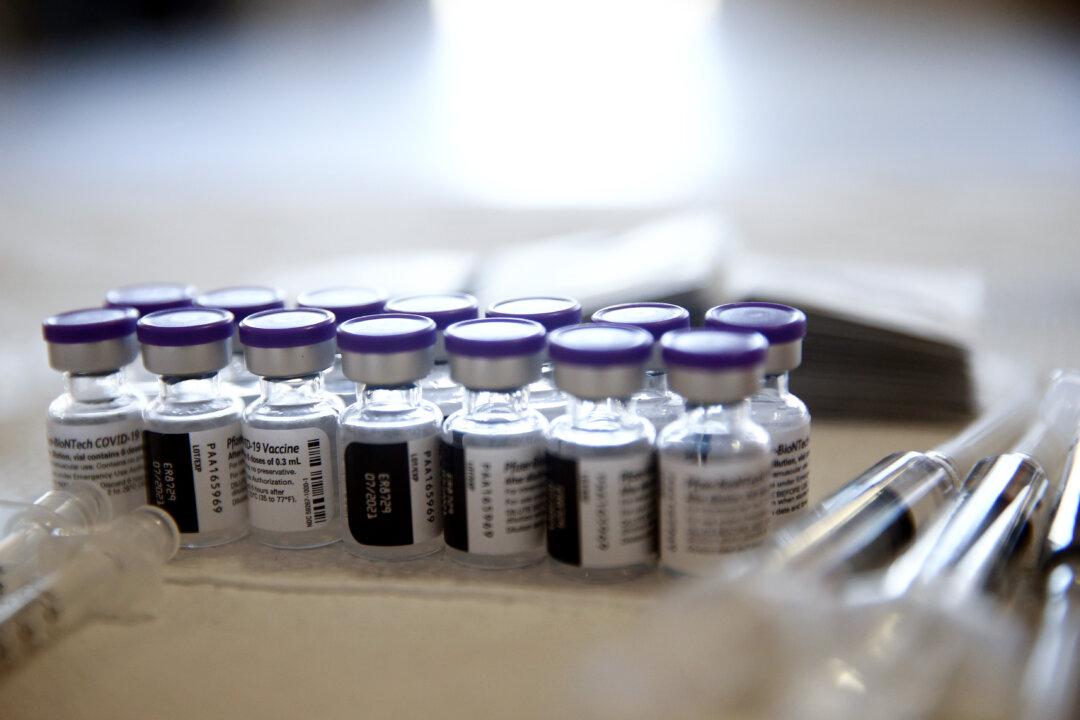Rep. John Yarmuth (D-Ky.) said during a recent budget reconciliation markup meeting that he opposes an amendment proposed by Rep. Mary Miller (R-Ill.) that would require parental consent for schools to administer vaccines to children, with the Democratic lawmaker challenging the idea that parents always know what’s best for their kids’ health.
During the virtual meeting of the Select Committee on Education and Labor on Sept. 10, Miller argued in favor of her amendment, saying that “parents need to have the power to make decisions on vaccines because they know what’s best for the health of their families.”





